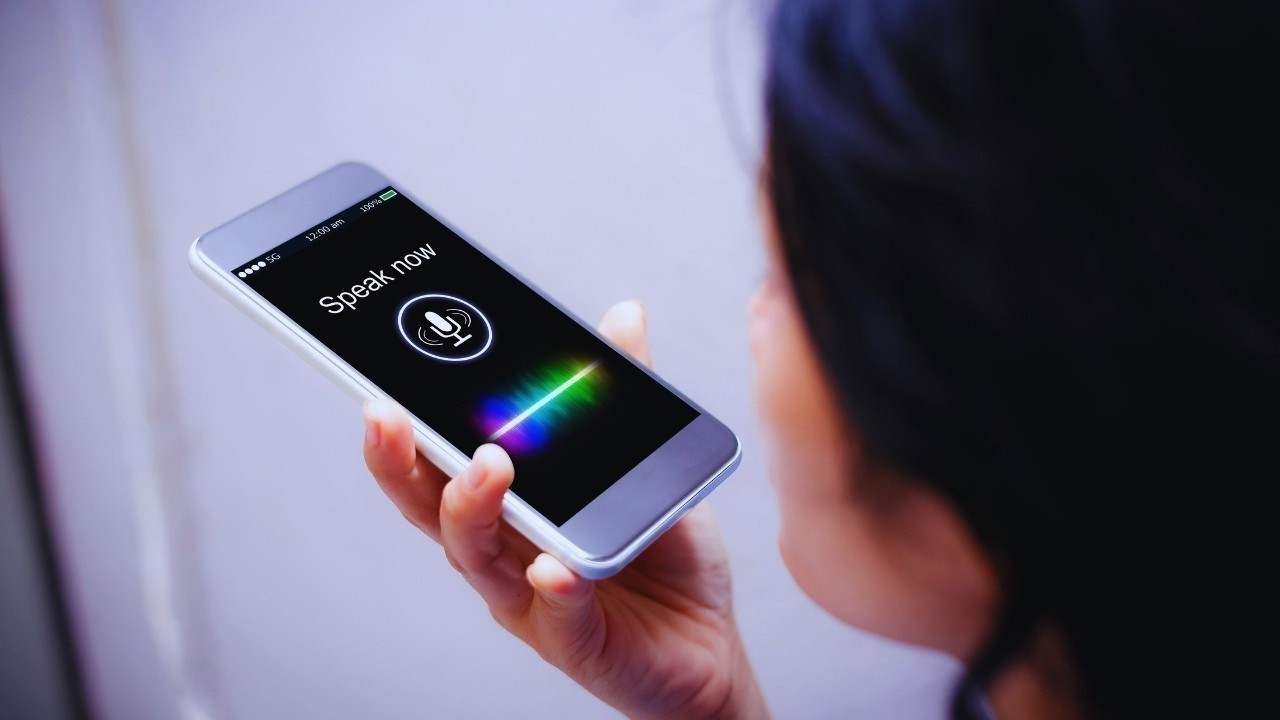
Post by : Anis Karim
Artificial intelligence has long fascinated the world with its ability to replicate human creativity — but this week, it also triggered fresh fear. Across global media, AI voice cloning trended as reports emerged of synthetic voices mimicking celebrities, politicians, and even ordinary individuals without consent.
What began as a niche innovation in entertainment and accessibility has turned into a major ethical battleground. From scam calls impersonating family members to fake podcasts using cloned voices of public figures, the issue of identity misuse has escalated sharply.
The conversation around AI voice cloning this week isn’t just about technology — it’s about trust, consent, and the thin line between creativity and exploitation.
This week saw multiple cases of AI-generated audio going viral — from political speeches that never happened to celebrity endorsements that were never recorded. One viral fake audio mimicking a major global leader spread across social platforms before being debunked, sparking outrage over how convincing these clones have become.
Such events reignited global concern: if voices can be replicated so precisely, what happens to authenticity in public discourse?
Voice-generation technology has improved drastically. Tools once limited to research labs are now accessible through open-source repositories and commercial APIs. A user can feed just a few seconds of someone’s speech and reproduce an eerily accurate vocal clone.
What’s new — and troubling — is real-time cloning. Live voice filters can now mimic another person’s tone during calls or online meetings, creating space for fraud and misinformation.
While celebrities and politicians often headline deepfake scandals, the real shock this week came from regular users reporting cloned voices being used in scam calls and ransom hoaxes. Fraudsters are exploiting emotional cues — a trembling voice of a supposed family member in distress — to extort victims.
These real-world consequences pushed “AI voice cloning” into trending territory, sparking global conversations on legal protection and ethical restraint.
Voice cloning uses deep neural networks to analyze a speaker’s unique vocal patterns — pitch, accent, rhythm, and emotion. Once trained, the system can reproduce speech in that same voice, often indistinguishable from the original.
Modern models use text-to-speech synthesis powered by Generative Adversarial Networks (GANs) or transformer architectures, which fine-tune emotional inflections and breathing patterns.
Originally, voice cloning served noble causes: enabling people who lost their voice due to illness, powering audiobook narrations, or improving dubbing in films. However, the same accessibility and affordability that make it powerful also make it dangerous.
In 2025, even free online tools can generate high-quality voice clones in minutes — no technical expertise required. That democratization, while exciting for creators, has opened a floodgate of misuse.
The biggest ethical concern revolves around consent. Who owns a voice? If someone uses your speech sample to clone your tone, is that intellectual property theft or creative reuse?
For artists, influencers, and voice actors, the issue is existential. Their voice is their brand. The unauthorized replication of a performer’s tone can undercut livelihood and blur legal accountability.
As AI voices become lifelike, distinguishing between real and fake is getting harder. When cloned voices deliver fake news, political statements, or manipulated interviews, the damage to credibility is immediate and profound.
Ethically, the question becomes: even if the technology can replicate reality, should it?
Hearing a familiar voice say something shocking or offensive — even when it’s fake — can trigger emotional distress. Psychologists warn that repeated exposure to AI-generated deception can erode public trust not only in media but in human communication itself.
Voice actors, narrators, and broadcasters now face the risk of being replaced by their own digital clones. Several entertainment unions have already started drafting guidelines to protect members from synthetic voice misuse.
In response to growing misuse, several countries announced new draft regulations this week targeting deepfake audio and AI-generated content. Laws are beginning to require disclosure labels whenever synthetic media is used commercially.
Some regions are proposing criminal penalties for voice cloning without consent, particularly in fraud or impersonation contexts. However, global consistency remains elusive — the pace of innovation far outstrips legislation.
Traditional copyright frameworks protect creative works, not biological voices. Legal experts argue that “voice likeness” should fall under personality rights, similar to a person’s image or signature.
Courts are now wrestling with how to assign ownership over intangible vocal traits — a challenge that will define the next decade of digital rights law.
Major AI platforms have started tightening content moderation policies, banning non-consensual cloning and introducing watermarking systems. Social media platforms, too, are working on AI-audio detection tools to flag suspect clips before they go viral.
Creators often post podcasts, YouTube videos, or voiceovers freely. While that fuels engagement, it also provides ample data for AI to learn from. Using limited-duration samples or watermarking your audio can reduce cloning risk.
Voice artists should consider registering their voice identity with digital rights management platforms that issue cryptographic “voice fingerprints.” These can later help verify ownership or detect misuse.
Emerging software can detect whether a voice is AI-generated by analyzing inconsistencies in waveform frequency and timing. These tools are becoming crucial for media outlets verifying authenticity before publication.
Creators, especially those in entertainment and journalism, must push for legislation that explicitly defines “voice consent.” The clearer the law, the easier it becomes to prosecute impersonators.
Transparency builds trust. Creators should disclose whenever synthetic voices are used for creative or accessibility purposes. This small act distinguishes ethical innovation from deception.
Despite the controversy, it’s important to remember the good. Voice cloning has restored speech for patients suffering from conditions like ALS. It allows global artists to dub films in multiple languages without losing emotional depth.
Audiobook and gaming industries use voice synthesis to reduce production time and cost, while preserving voice actors’ tones under licensing agreements. When consent and credit exist, AI becomes a collaborator, not a threat.
Some creators are embracing controlled cloning — licensing their voice models for commercial projects under transparent contracts. It’s a future where your digital voice earns while you sleep, provided it’s used ethically.
The trend hints at a new form of digital asset: voice IP. Just as musicians license songs, tomorrow’s creators might license their voiceprints.
AI developers are under pressure to embed inaudible digital signatures in every generated audio clip. These watermarks can help trace the origin of a fake recording, ensuring accountability.
Companies must verify consent from voice contributors before adding samples to training datasets. Transparent sourcing isn’t just moral — it’s a legal necessity in many jurisdictions.
Several AI research labs are working on public databases that allow users to upload suspicious audio for authenticity checks. This democratization of verification could help fight misinformation at scale.
When hearing is no longer believing, society faces an unprecedented challenge. Trust — the foundation of journalism, governance, and human communication — depends on our ability to distinguish truth from fabrication.
If AI can convincingly replicate your loved one’s voice or a leader’s statement, the implications stretch beyond media ethics into national security and democracy itself.
Victims of voice deepfakes often describe feelings of violation similar to identity theft. The idea that your voice — something deeply personal — could be manipulated without consent erodes psychological safety in the digital age.
Technological progress is neutral until applied. The real moral question isn’t whether we can clone voices, but whether we can use that power responsibly.
Developers, creators, and users all share this burden: to ensure that technology amplifies human potential, not undermines human trust.
Voice cloning won’t disappear — it will only grow more advanced. The challenge is to steer innovation toward ethical horizons. Industry leaders are now collaborating on “synthetic ethics frameworks” that combine tech transparency, consent protocols, and detection standards.
We are at a crossroads where regulation, creativity, and digital citizenship must converge. Without clear ethical direction, the same technology that enables accessibility could become a weapon for deception.
The coming year will determine whether voice AI becomes a trusted creative partner or a credibility crisis.
The global debate around AI voice cloning this week signals more than a fleeting trend — it’s a wake-up call. Technology that gives voice to the voiceless can also silence authenticity if left unchecked.
The solution isn’t fear or rejection but responsibility. Creators, lawmakers, and users must collectively build a culture where consent, transparency, and accountability define how AI interacts with human identity.
Voice is one of the most intimate parts of who we are. Protecting it is no longer just an artistic concern — it’s a societal imperative.
This article is for editorial and informational purposes only. It does not constitute legal or technical advice. Readers are encouraged to seek professional guidance when implementing AI or data-protection measures.

Dubai Racing Carnival Opens at Meydan with Top Horses
Dubai Racing Carnival begins at Meydan with 73 horses in 7 races, featuring top local and internatio

UAE Warriors 65 Set for Al Ain, Features Women’s World Title Fight
UAE Warriors 65 returns to Al Ain on Nov 15, featuring 13 MMA bouts, including a women’s world title
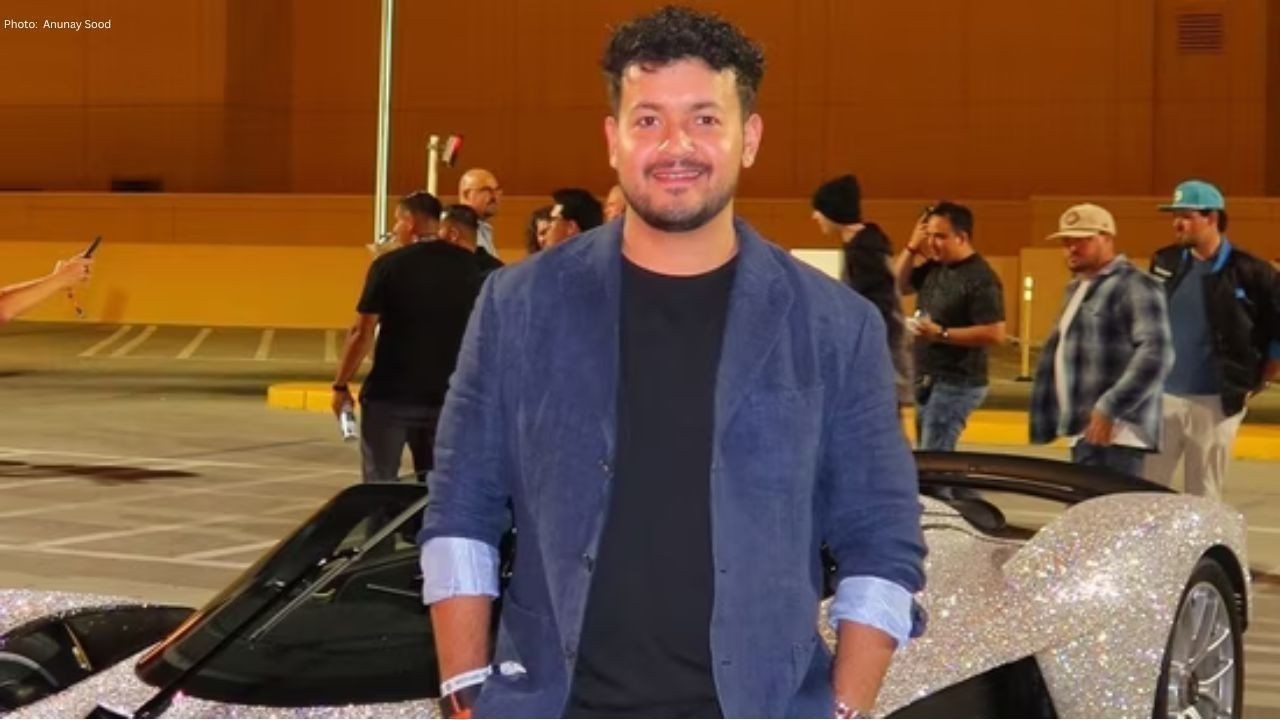
Travel Influencer Anunay Sood Dies at 32; Peers Remember His Energy and Spirit
Travel influencer Anunay Sood dies unexpectedly at 32. Fellow creators and adventurers remember his
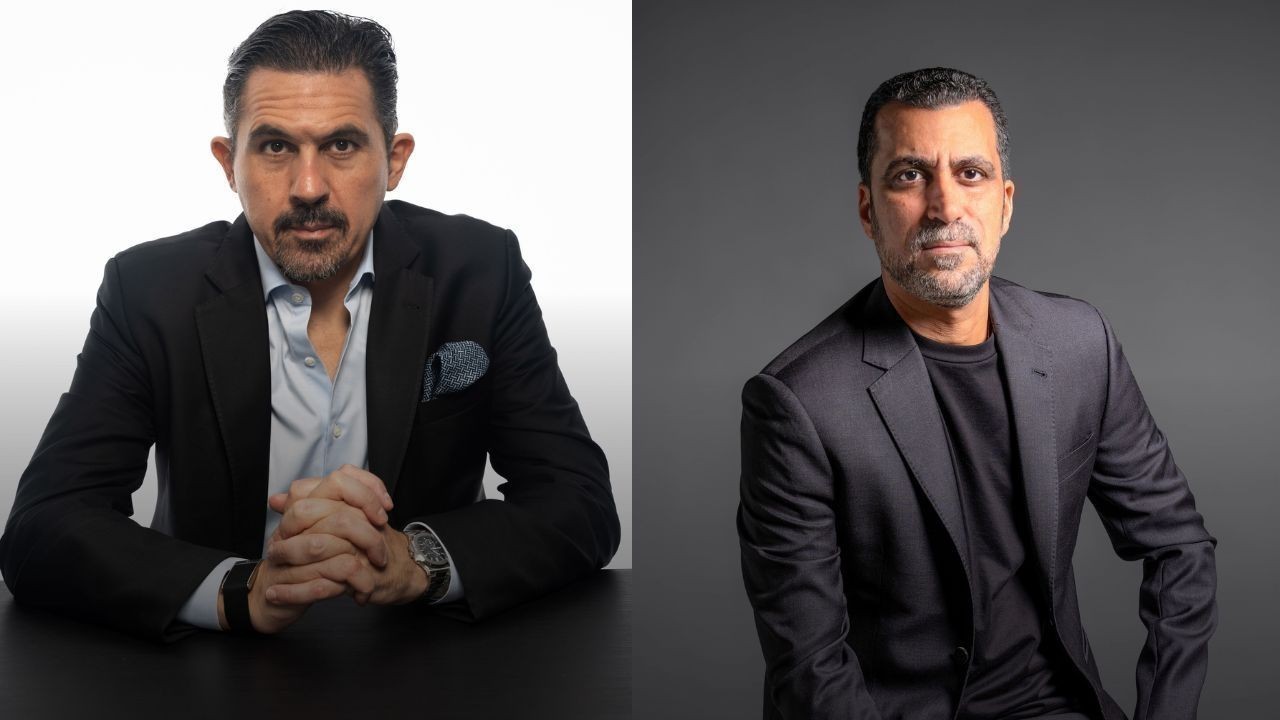
UAE Tops MENA in ESG Integration, Driving Sustainable Growth
UAE leads MENA in ESG adoption, with companies linking sustainability to business outcomes, employee

Chrysalis International Academy Ushers New Era in Dubai Schools
Nalapad Investments & MVK Holdings break ground on Chrysalis Academy in Dubailand, blending British

Warner Bros Discovery Q3 Revenue Misses Expectations
Warner Bros Discovery posts $9.05B Q3 revenue, falling short of estimates, driven by weak streaming

Soha Ali Khan Shares Fun & Rare Family Dinner Stories
Soha Ali Khan opens up about family dinners, her parents, and siblings, sharing rare anecdotes and i
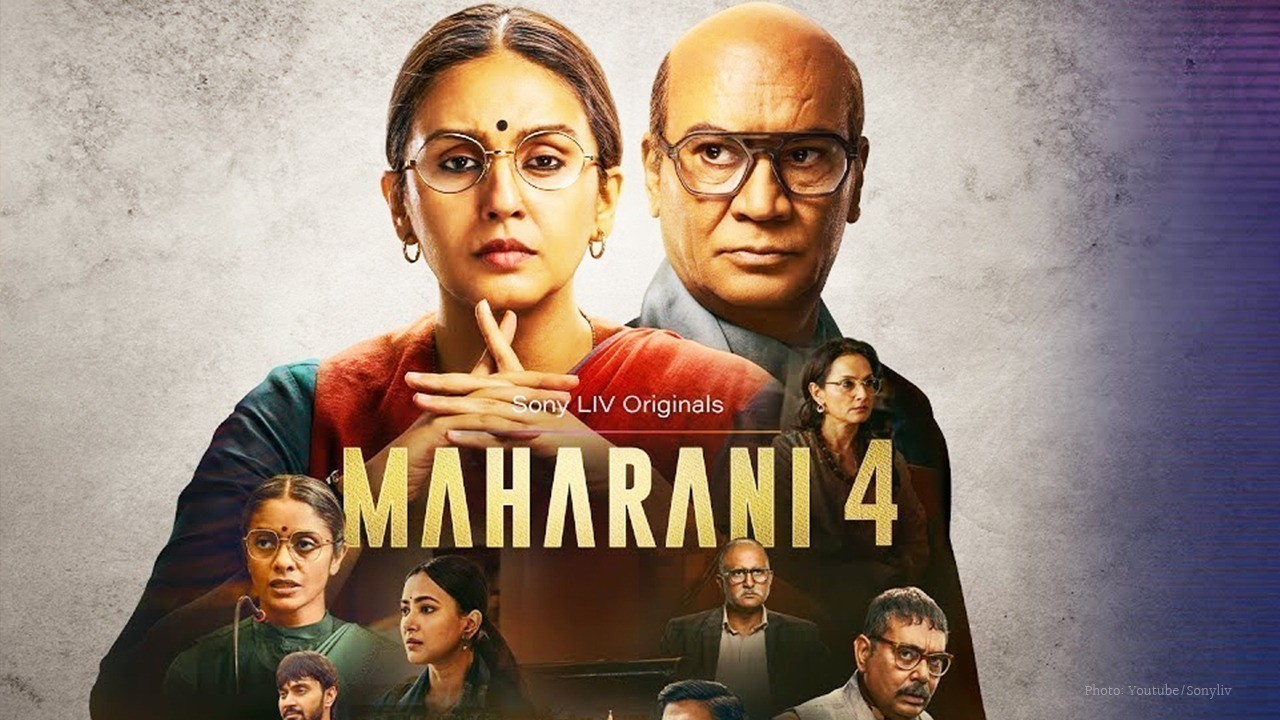
The New Season Alert Maharani Season 4 Coming Soon
Maharani Season 4 arrives on SonyLIV with Huma Qureshi as Rani Bharti facing new rivals bold politic
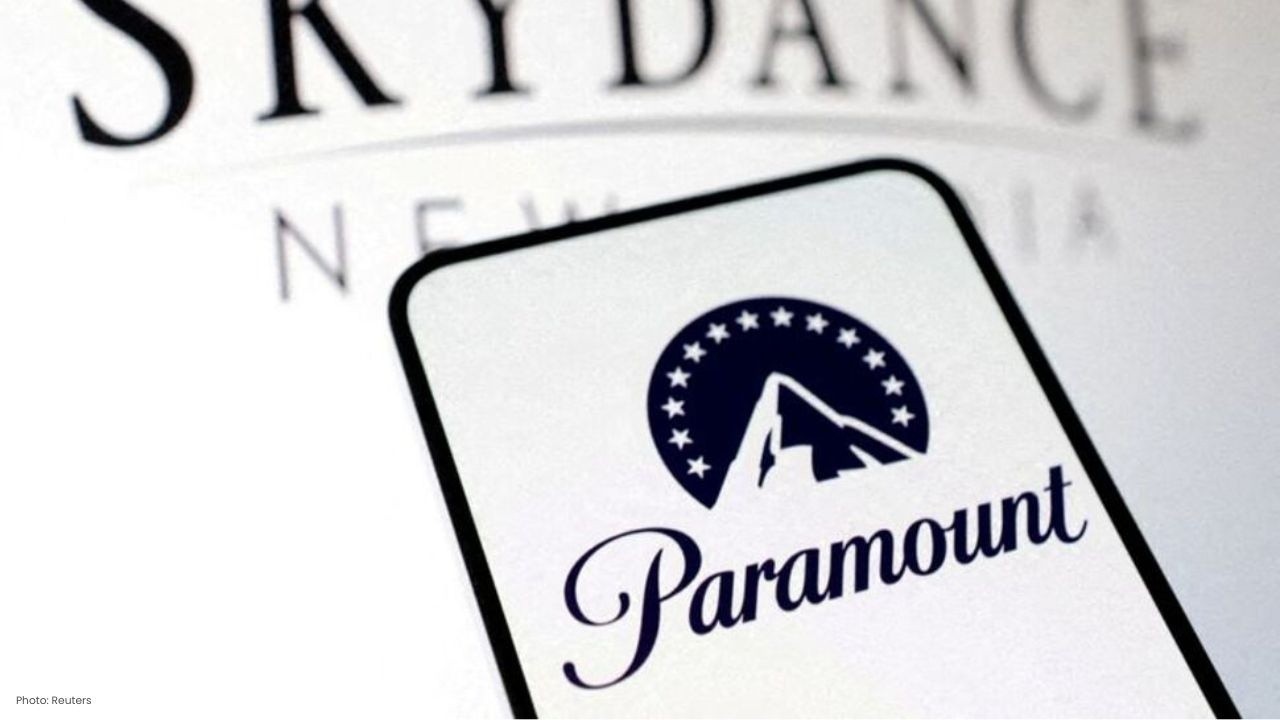
Paramount+ to Stream PBR’s Top Bull Riding Series in 2025
Paramount+ secures 5-year rights for PBR's "Unleash the Beast," streaming live across 17 states from

Zohran Mamdani Victory Speech Goes Bollywood with Dhoom Machale
Zohran Mamdani wins NYC mayor race, becoming the city’s first Muslim and South Asian mayor, making h

UAE Life High Stress 3 Simple Ways Expats Can Manage Pressure
Expats in the UAE face daily pressure and burnout Learn 3 simple effective ways to manage stress fin

Smart Meal Prep in Dubai Save Money Stay Healthy
Plan smart eat fresh Discover how meal prepping in Dubai helps you save money eat healthy and enjoy

The Ultimate Guide to Dieting in Dubai Keto vs Vegan vs Mediterranean
Discover Dubai’s top diet trends Keto Vegan and Mediterranean Find which plan fits your lifestyle f

Stay Fit in Dubai 7 Fun Outdoor Workouts Without a Gym
Explore 7 fun ways to stay fit in Dubai from beach runs to desert hikes and skyline yoga No gym nee

Beyond Biryani: Mastering Portion Control in Dubai’s Melting Pot of Cuisines
Discover how to enjoy Dubai’s diverse cuisines wisely Learn simple portion control tips to stay heal